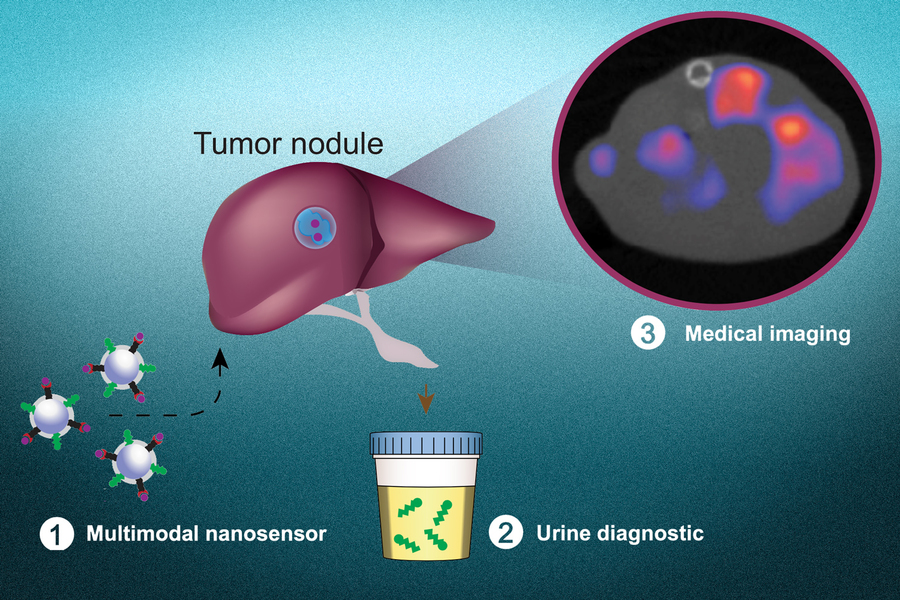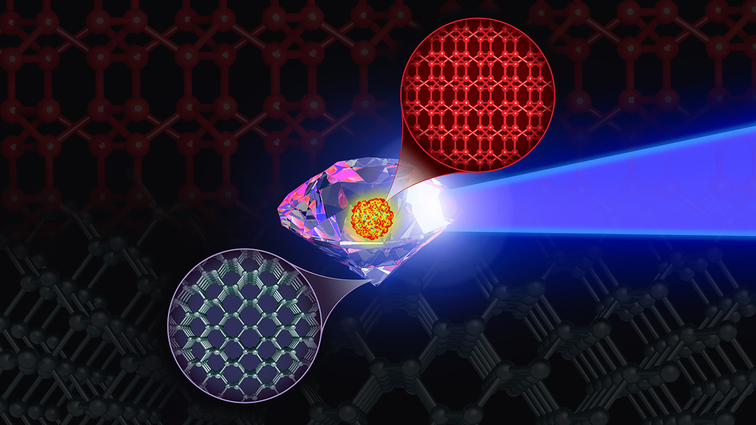Diagnosing cancer at its earliest stages provides the best chance for successful treatment. Cancer screening tests are designed to look for the presence of cancer in the body.
But knowing if one has cancer and pinpointing the location of cancerous cells are two very different things.
Now, researchers from MIT have developed a new diagnostic approach that combines both of these features. This new diagnostic system reveals the presence of cancerous proteins through a simple urine test. In case, the results are positive, a follow-up test can pinpoint the tumor location in the body.
The test works just like a pregnancy test, based on a urine sample. It could detect cancer within minutes.
The researchers cleverly used the nanoparticles to detect cancer
The diagnostic nanoparticles were coated in peptides, which will have traces of their encounters with cancerous cells by the time they reach the urine. The peptide is also attracted to acidic environments like those produced by tumors. That leads to nanoparticles clustering around cancer. Apart from this, a radioactive tracer Copper-64 that glows under PET imaging was also added. The nanoparticles will gather at the site of tumors and be visible under a PET scan.
Sangeeta Bhatia, MIT professor, and Howard Hughes Medical Institute investigator who is also the lead author of the study says – “Every year you could get a urine test as part of a general check-up. You would do an imaging study only if the urine test turns positive to then find out where the signal is coming from. We have a lot more work to do on the science to get there, but that’s where we would like to go in the long run.”






